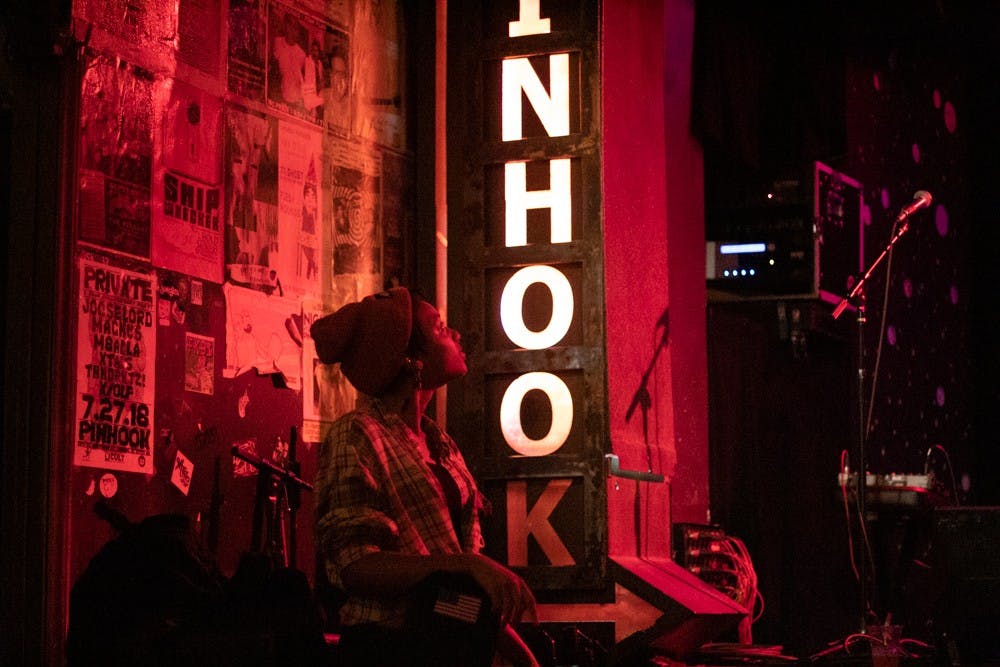Statewide policy battles have the tendency to cause a public stir.
House Bill 2, colloquially known as the “Bathroom Bill,” garnered national attention in 2016 by limiting access for transgender people to public restrooms and preventing municipalities from creating their own nondiscrimination laws. The NBA, Google, Apple, IBM and Dow Chemical, among other organizations, condemned the policy, and public response was rapid and divisive.
A community’s own conversations about policies that impact them typically occur alongside the initial public response, and for the LGBTQ+ community, bars have traditionally been a key spot for people to discuss and organize.
“I think one point of bar spaces, or at least our bar space, and historically queer and gay bar spaces like Stonewall, have been in order to let off steam because of politics,” said Kym Register, owner of the Pinhook, a bar and concert venue in Durham. “We still need a space to talk about the ways that we're feeling about the world.”
As a result, Register said, statewide policy decisions have a dramatic impact on the atmosphere of the bar, shifting conversations and attitudes.
“We don't separate politics and our existence, we can't,” Register said. “That's a very queer identity politic: the personal is the political. When things happen politically, they definitely affect us personally. Since we identify as a queer-owned and operated space, then we feel everything.”
At the beginning of the decade, the state legislature passed the Defense of Marriage Act, creating a ballot initiative to change the state constitution to define marriage as exclusively heterosexual, even though gay marriage was already illegal — still, in 2012, Amendment One, as it became known, was approved by voters.
Register said they noticed a divide in opinion over the change. While some patrons were upset by the constitutional amendment, others were more concerned with more radical policy issues.
Still, the bar harnessed the energy of the community, throwing an “Amendment One, Fuck You” party with performances by prominent queer punk bands.



